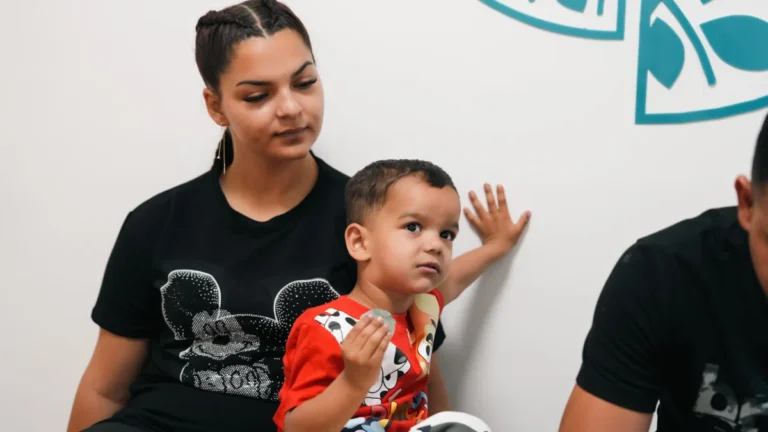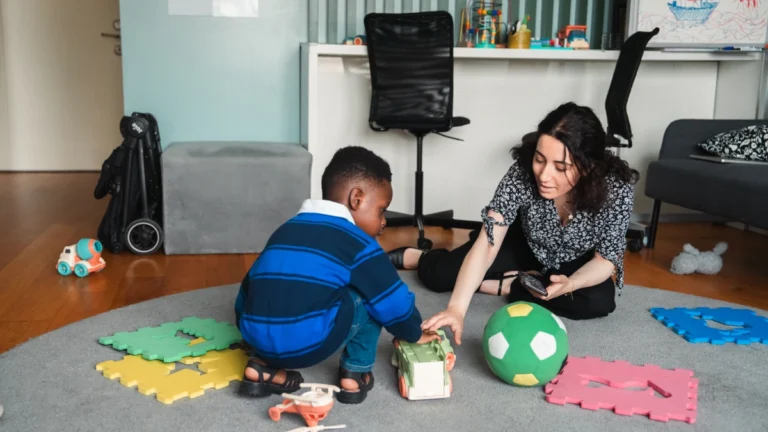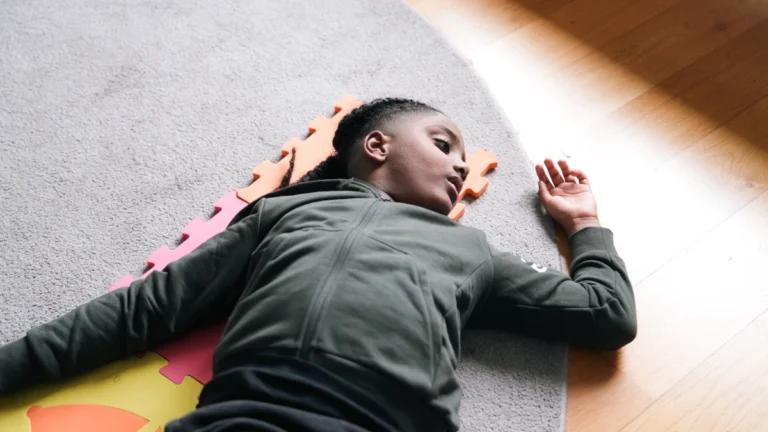The Best Fluffy Pancakes recipe you will fall in love with. Full of tips and tricks to help you make the best pancakes.
Table of Contents
A Growing Interest in Stem Cell Therapy for Autism in Adults
Autism Spectrum Disorder (ASD) has traditionally been studied in children, but many families are now asking: What about adults? As individuals with autism age, their needs evolve, and so does the interest in innovative treatments. One area of increasing attention is stem cell therapy for autism in adults, with studies, clinical trials, and success stories gradually shaping the global conversation.
In this article, we’ll explore what research says about stem cell therapy in adults, including reviews, costs, side effects, clinical trials, and long-term success rates—so families and patients can make informed decisions.
Why Consider Stem Cell Therapy for Autism in Adults?
Unlike traditional therapies such as speech, occupational, or behavioral interventions, stem cell therapy aims to address core neurological functions. The idea is that stem cells may help regulate inflammation, improve immune responses, and support brain repair mechanisms.
Families often consider this treatment because:
- Current therapies plateau: Many adults see limited progress with standard interventions.
- Biological impact: Stem cells may help target underlying neurological pathways.
- Global availability: The best stem cell clinics for autism worldwide are expanding their programs to include adults, not just children.
What Does the Research Say?
While most stem cell therapy autism clinical trials focus on children, a growing body of research is exploring adults. For example:
- Immune modulation studies suggest stem cells may help reduce neuroinflammation, a factor linked with autism symptoms.
- Pilot programs in Asia and Eastern Europe have reported improved social interaction, reduced anxiety, and better attention in adults.
- Stem cell therapy autism research continues to expand, though more large-scale studies are still needed to establish safety and efficacy for adult populations.
Reviews and Success Stories
Families worldwide share stem cell therapy for autism reviews that highlight improvements in:
- Emotional regulation
- Communication skills
- Daily living independence
- Reduced repetitive behaviors
One family’s stem cell therapy success story for autism described how a 27-year-old adult gained confidence in social settings and showed improved problem-solving abilities within months of treatment. While anecdotal, such accounts provide hope for those seeking alternatives.

Cost of Stem Cell Therapy for Autism in Adults
The cost of stem cell therapy for autism varies depending on location, clinic expertise, and whether bone marrow or umbilical cord cells are used. On average:
- In the U.S., treatment costs can be tens of thousands of dollars.
- Internationally, some best stem cell clinics for autism in Europe and Asia offer packages that may be more accessible.
- Expenses often include not only the procedure but also hospitalization, follow-up therapies, and accommodations.
How Effective Is Stem Cell Therapy for Autism in Adults?
Effectiveness remains under investigation, but studies suggest:
- Success rates vary depending on diagnosis severity, health history, and treatment protocol.
- Stem cell therapy autism success rate reports show moderate to significant improvements in around 60–70% of patients in some programs.
- However, results are not guaranteed and should always be considered as part of a comprehensive care plan.
Safety and Side Effects
Understanding potential stem cell therapy autism side effects is critical:
- Common side effects include mild fever, fatigue, or temporary discomfort.
- Serious risks, while rare, can include infection or rejection depending on the method used.
- Clinics with strong safety protocols and transparent reporting are crucial when selecting treatment.
Where to Find Stem Cell Therapy for Adults
Searching “stem cell therapy autism near me” often brings up local clinics—but not all are equally experienced with adults. When choosing:
- Look for clinics with published research and clinical trials.
- Verify their experience with adult patients, not only children.
- Seek centers that combine therapy with long-term monitoring and rehabilitation.
Conclusion: A Path of Hope and Caution
Stem cell therapy for autism in adults is a frontier of both hope and caution. Families exploring this treatment should weigh:
- Scientific research vs. anecdotal stories
- Costs vs. potential benefits
- Clinic reputation and safety standards
As more stem cell therapy autism clinical trials include adults, the future looks promising. Still, making an informed choice remains essential.
👉 If you are considering this option, research best stem cell clinics for autism, review success stories, and consult trusted medical professionals before taking the next step.








